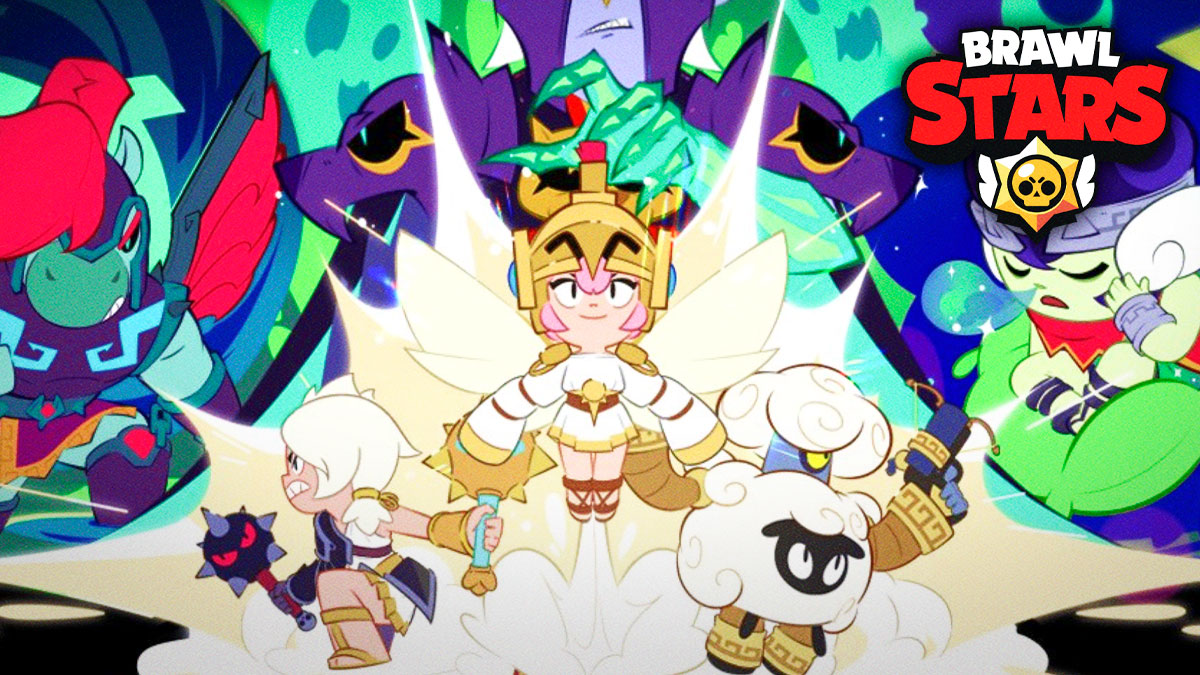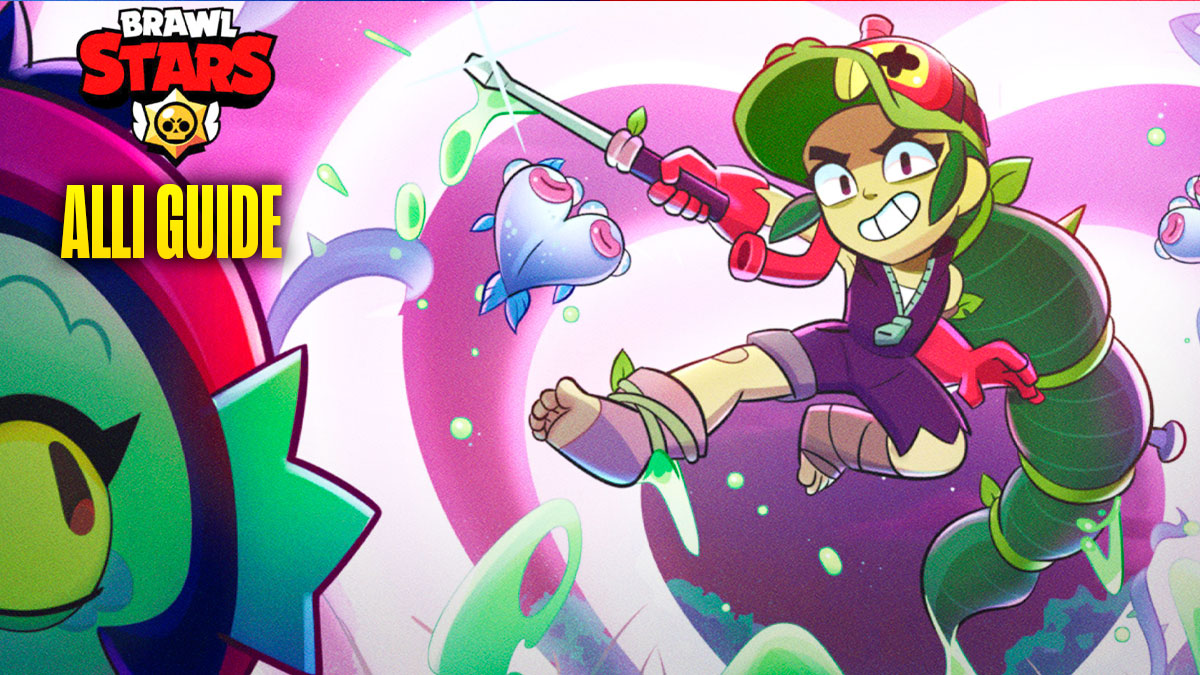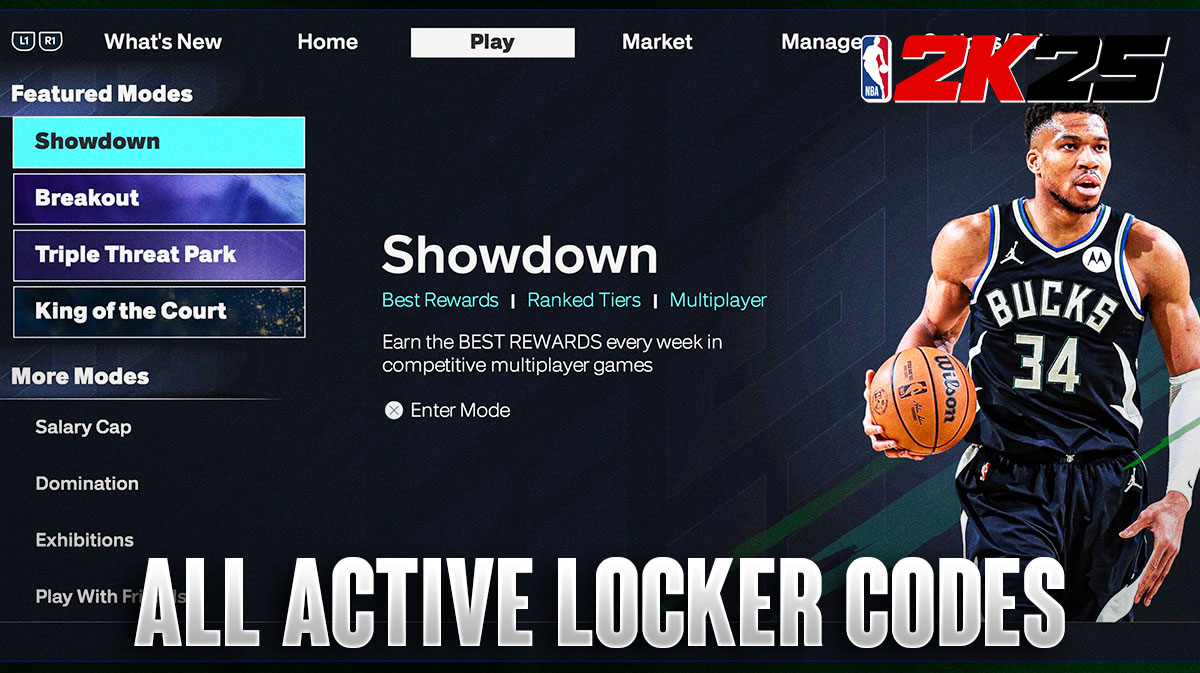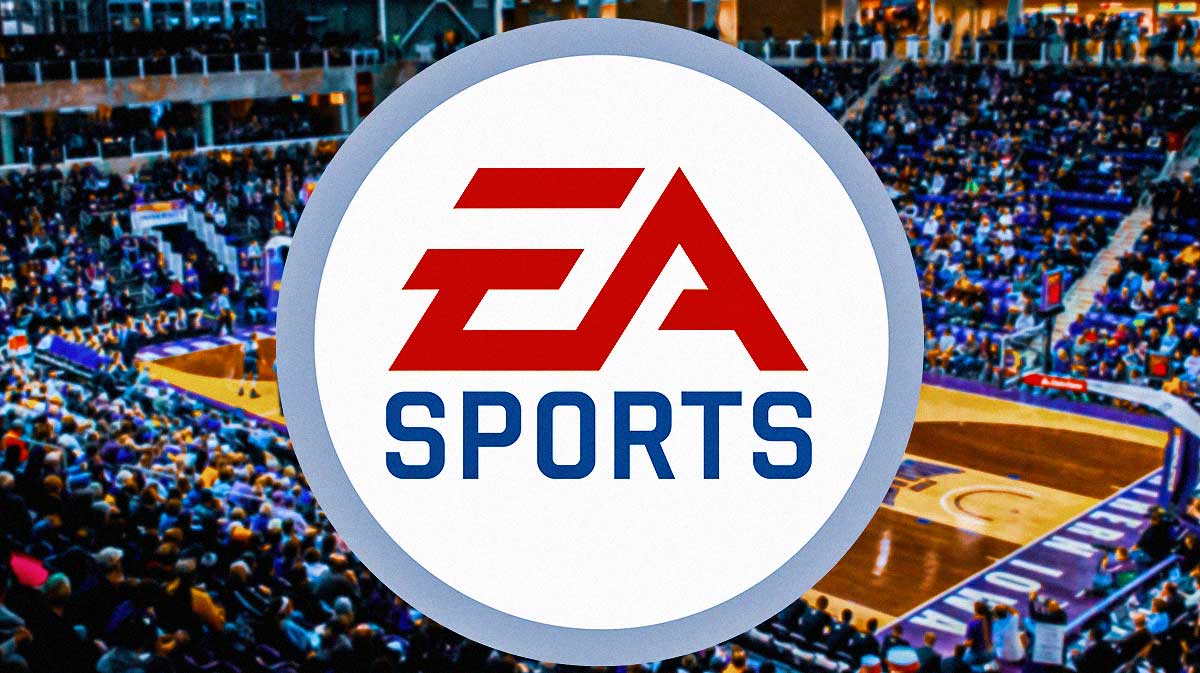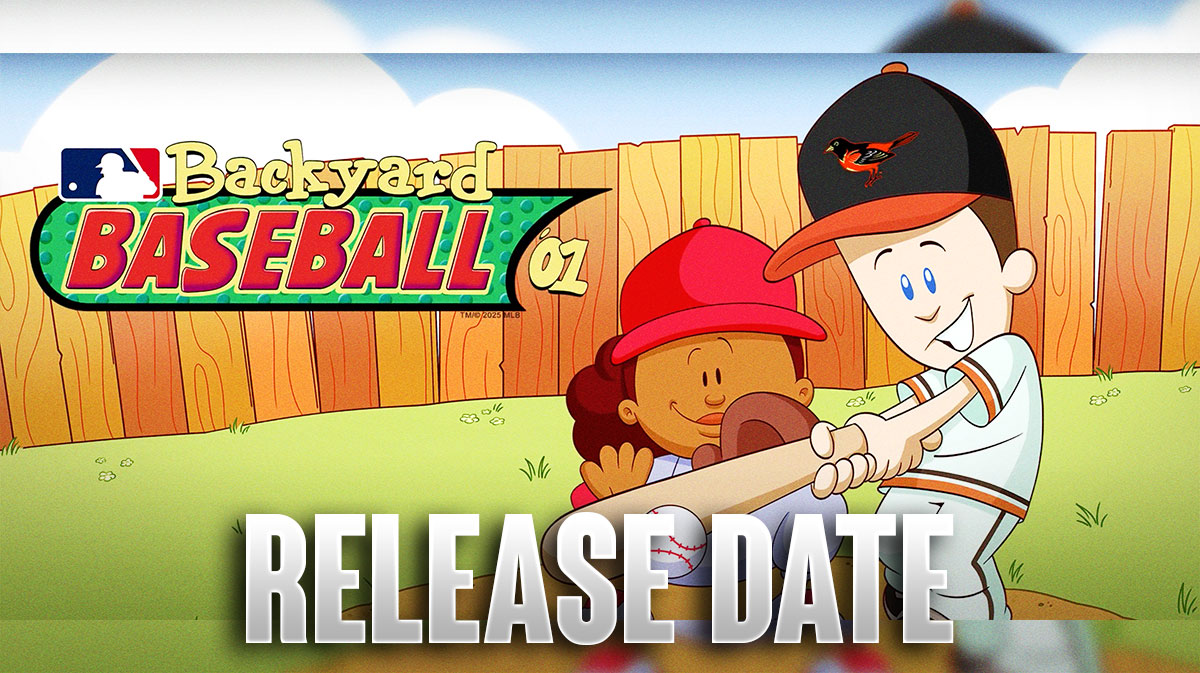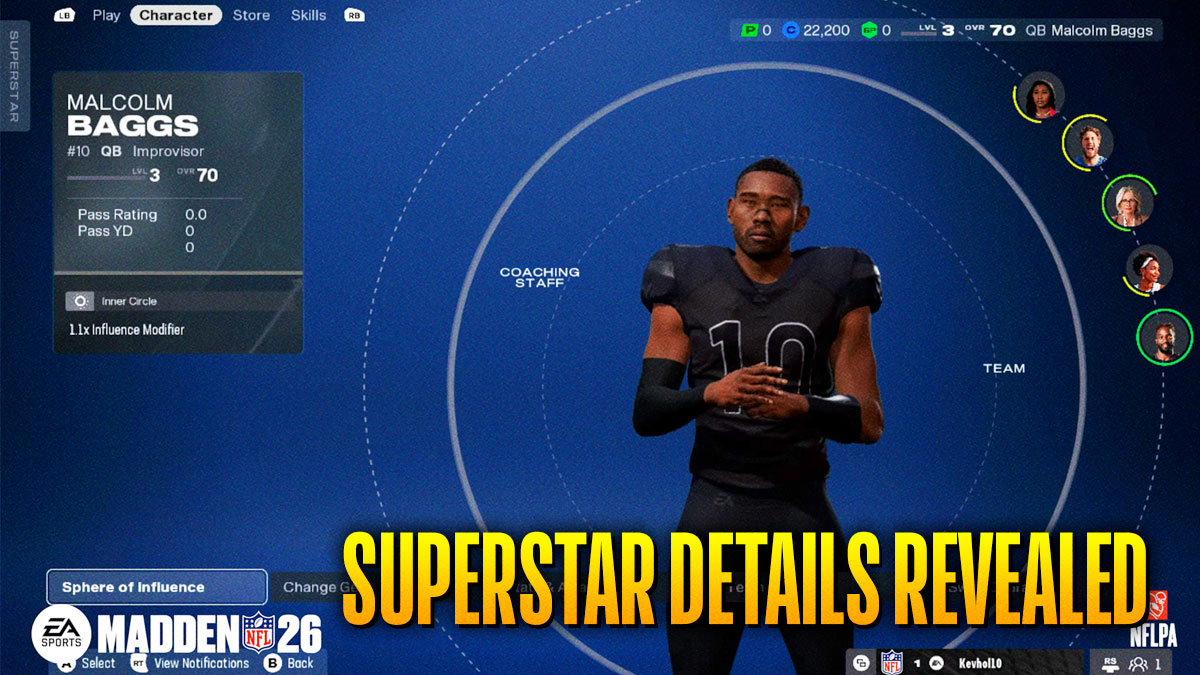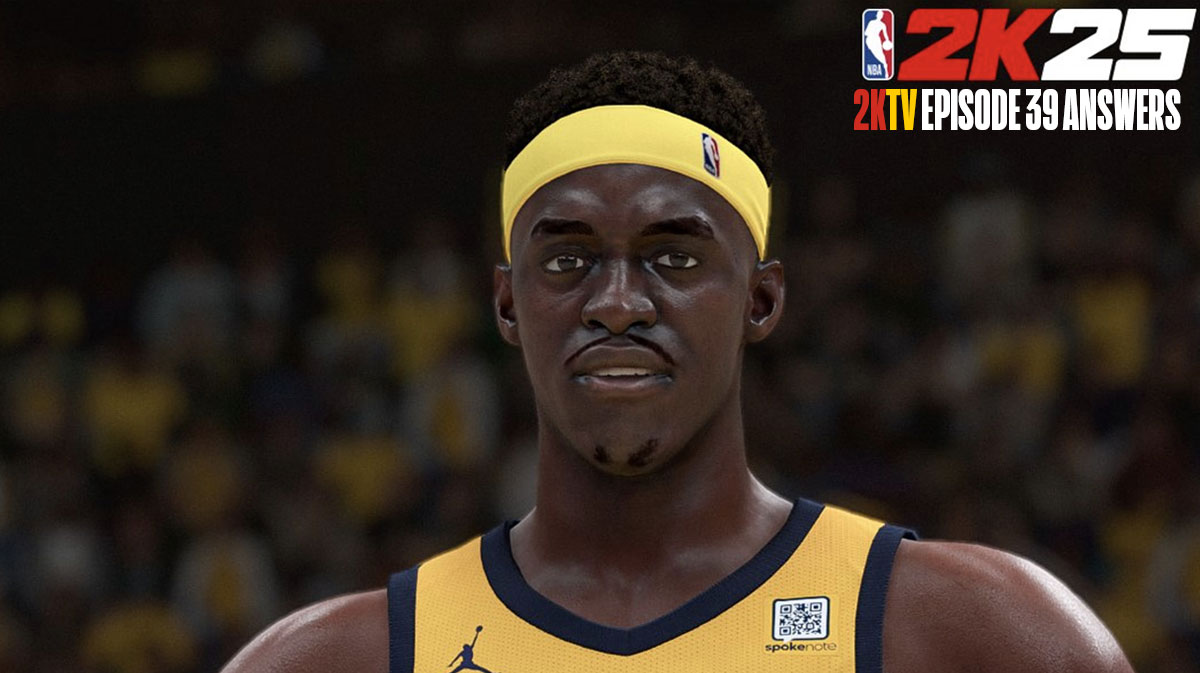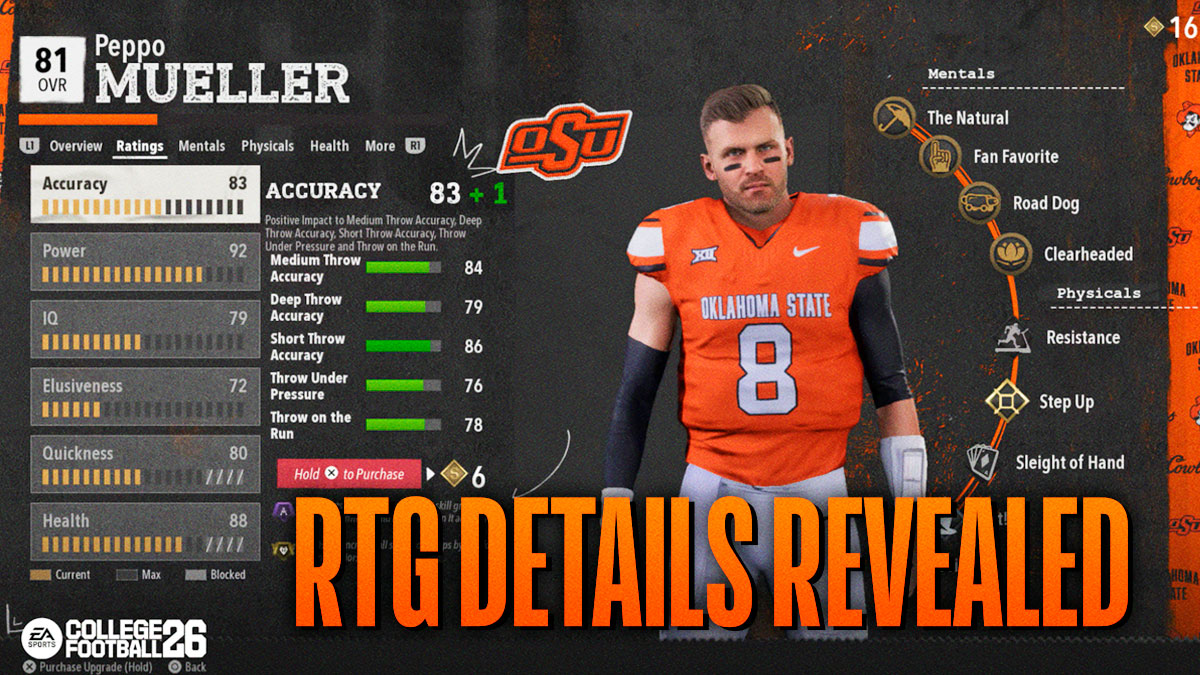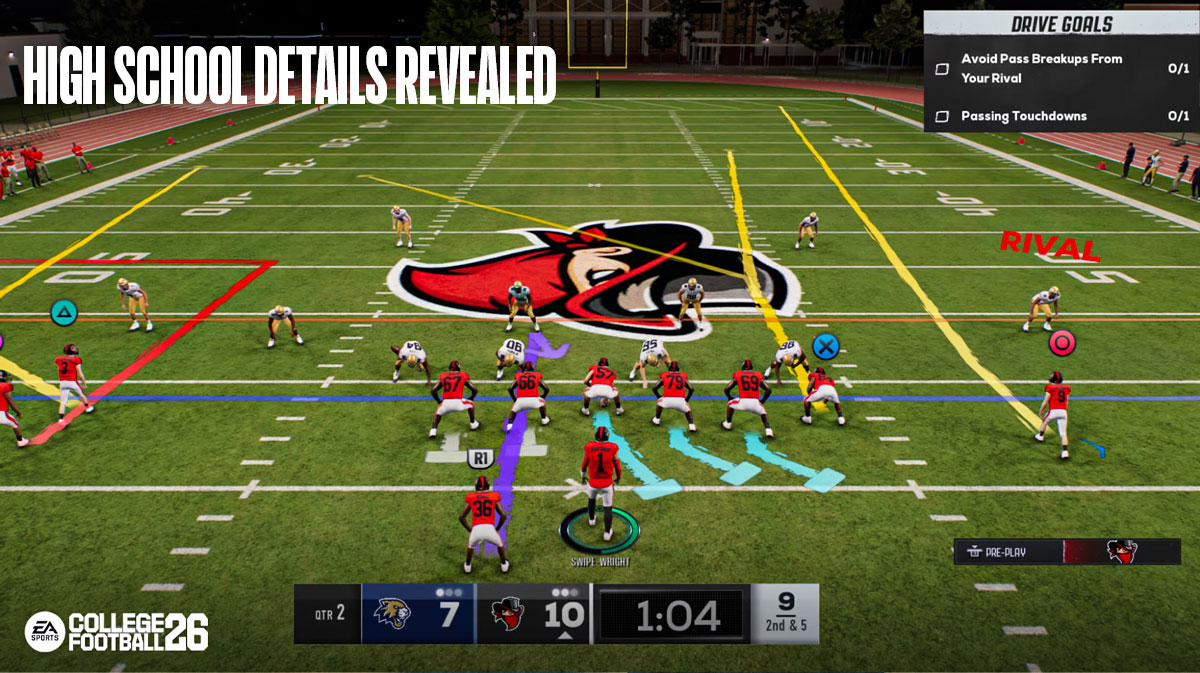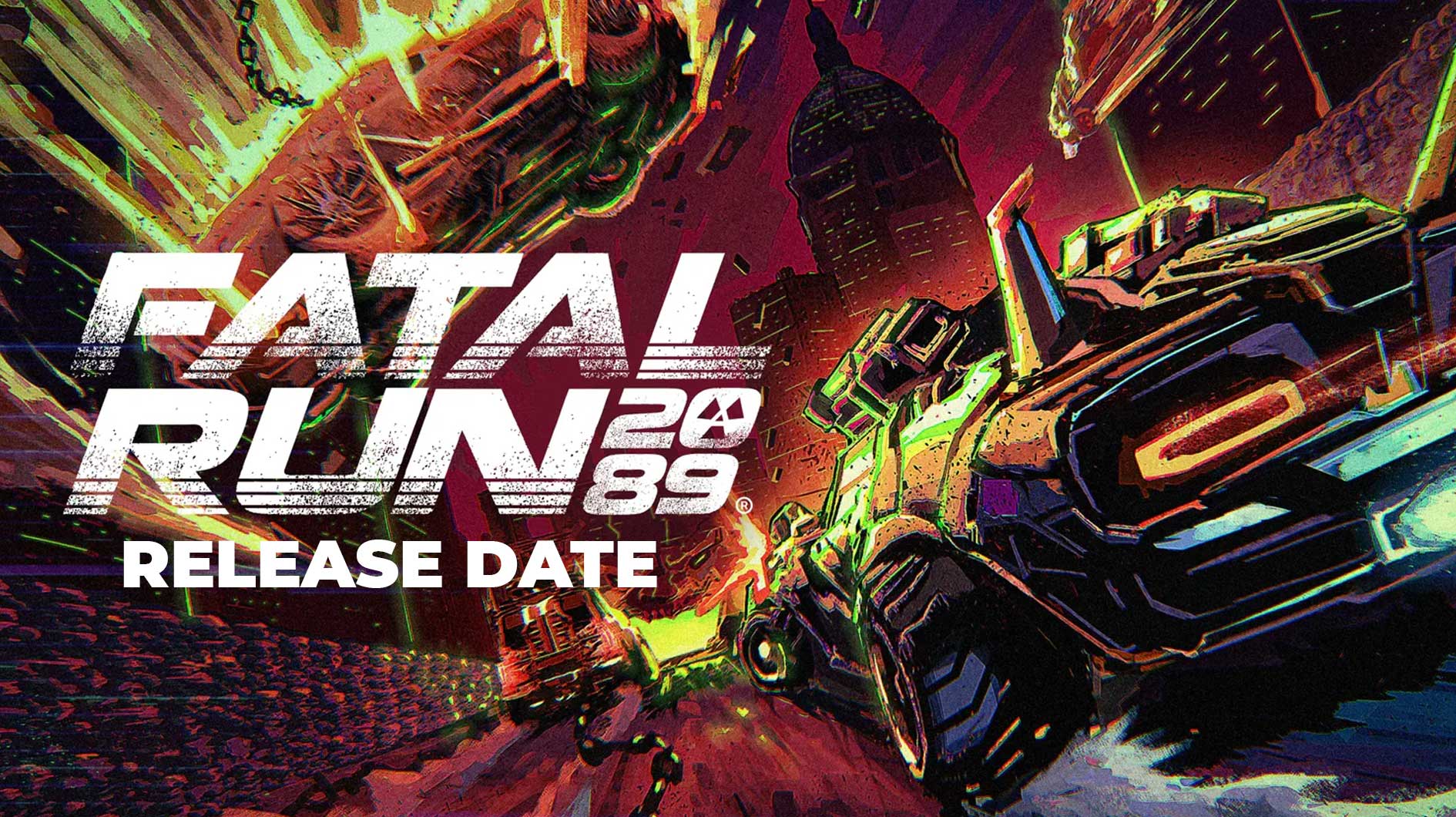CD Projekt Red experienced another bout of misfortune recently. Things have been erratic for the Polish game developer since the release of Cyberpunk 2077. Shoddy console ports, impending lawsuits, and massive game bugs seem to be the least of their worries. The company just announced it was the victim of a targeted cyber-attack in a post earlier today.
Cyber-punked
Important Update pic.twitter.com/PCEuhAJosR
— CD PROJEKT RED (@CDPROJEKTRED) February 9, 2021
The unidentified assailant managed to access CDPR's internal network and harvested an unknown amount of data. The amount of compromised data remains unclear. However, the hackers revealed their motives to the company. CD Projekt Red published the supposed “ransom note” left behind by hackers. The innocuous Notepad file reads more as a ransom note threatening the release or sale of the source code for Cyberpunk 2077, The Witcher 3, and Gwent.
“We will not give in to the demands nor negotiate with the actor, being aware that this may eventually lead to the release of the compromised data. We are taking necessary steps to mitigate the consequences of such a release, in particular by approaching any parties that may be affected due to the breach.”
CDPR finished its statement by declaring that it will continue its own investigation. The hacker claims to have compromised information regarding CDPR's accounting, administration, legal, HR, and investor data. This is a massive breach that could prove to be damaging for the Polish developer.
Problems, problems, problems
CD Projekt Red can't catch a break with its constant string of misfortunes. The targeted cyberattack essentially published the company's shortcomings and weaknesses in its cybersecurity. Things continue to look down for the ailing game developer.
CDPR once stood at the peak of video game development as the beloved paragon for all players. Its prestige built on the success of The Witcher 3 has slowly disintegrated with each problem and misstep. Hopefully, CD Projekt Red's claims hold true regarding the safety of its players' information.

